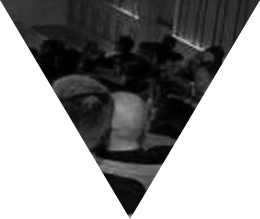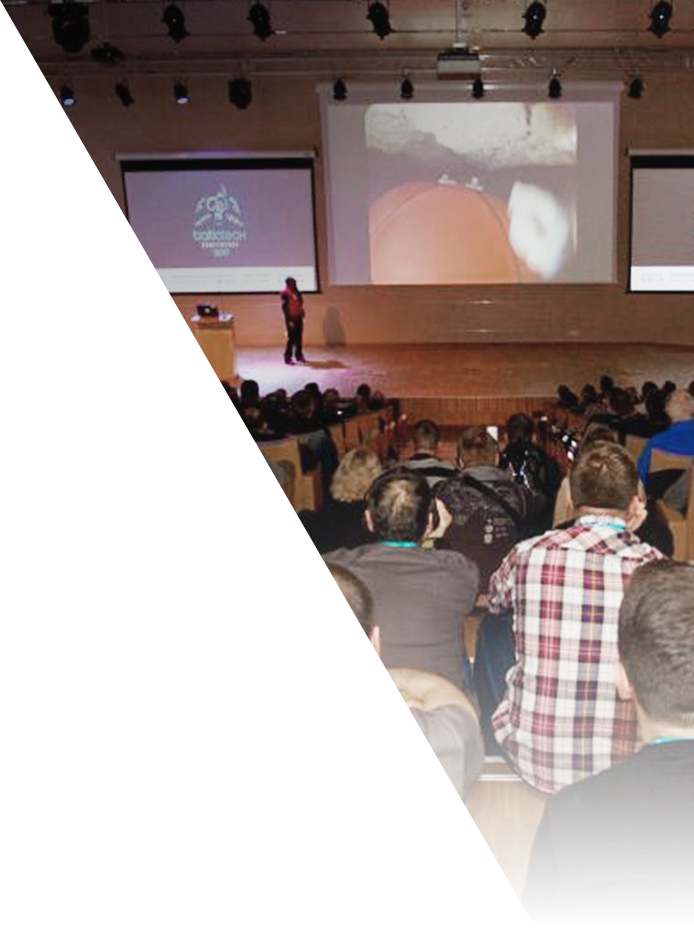Alf Norkko is a professor of marine ecology and academic leader of Tvärminne Marine Research Station, University of Helsinki. He leads a multidisciplinary science team where scientific diving is an integral part of conducting high quality science to support the conservation of marine ecosystems. He has been an active scientific diver for over 30 years and he and his team use diving, including experimental work on the seafloor, to explore how marine biodiversity in coastal ecosystems is impacted by human pressures such as nutrient pollution and climate change. He has led and participated in multiple scientific diving campaigns to the Ross Sea in Antarctica, New Zealand and the Baltic Sea. The marine research station is developing into a leading institution for scientific diving training where new techniques and technical diving approaches will be developed to improve our capacity to conduct high quality science.


